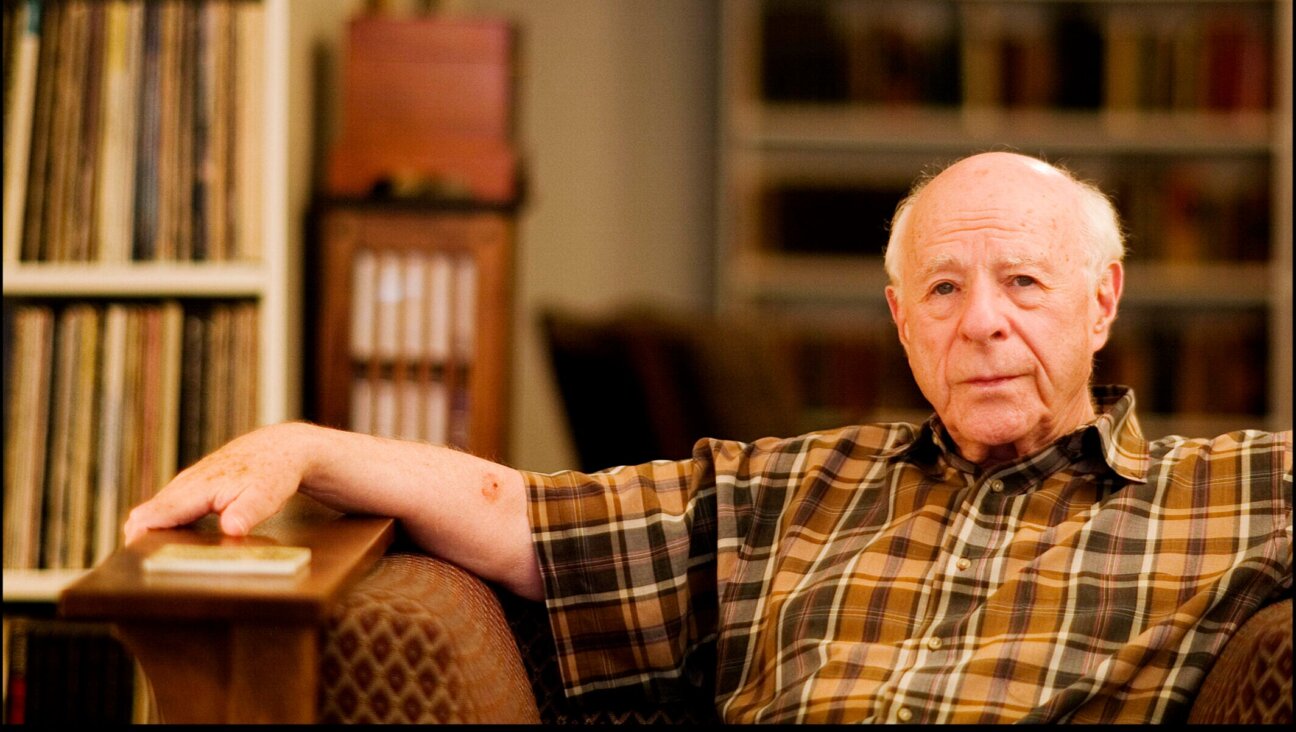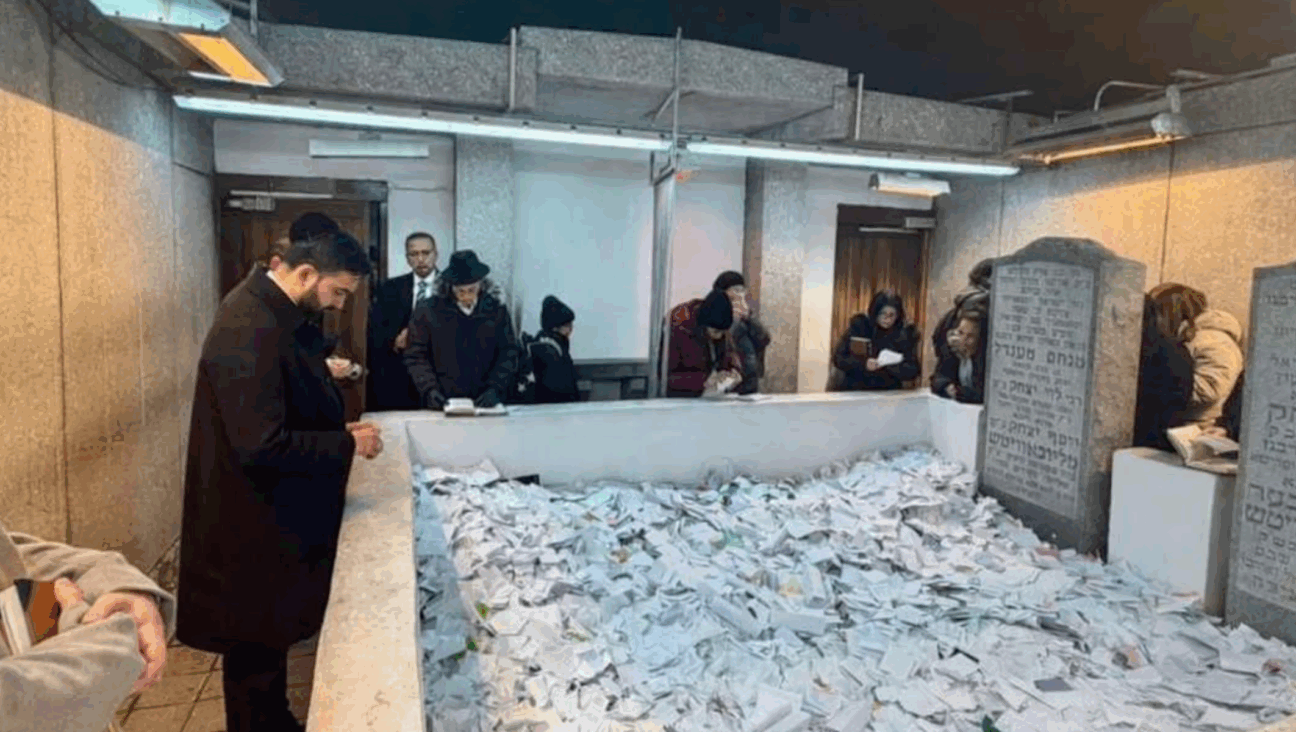Reform Movement Launches Daily Prayer App
The iPad app for the Mishkan T’filah, the Reform movement’s daily prayer book, was launched.
The new application, which costs less than $5, was launched at the annual gathering of the Central Council of American Rabbis that began Sunday in Boston. More than 500 rabbis from North America, Israel and Europe are attending the three-day conference for professional development and Torah text study.
i’T’filah is the first non-Orthodox electronic prayerbook, according to Rabbi Hara Person, publisher of CCAR Press, which produced the app. By the end of this week, the audio component will be available, which will allow users to hear the prayers in chant form.
Last December, CCAR introduced an iPad application of its Friday evening prayer service.
“The excitement was tremendous,” Person said.
Reform lay leaders pushed to create the application, Person told JTA. Person said the number of Reform Jews who use prayer in their daily lives is underestimated.
In addition to some synagogues that are experimenting with iPad services, Person envisions the application as a strong educational tool in schools and between parents and children at home.
The application also will be a welcome and convenient addition to the many Reform rabbis who lead hundreds of trips to Israel every year, according to Rabbi Steven Fox, CCAR’s chief executive.
Along with Torah text study, the CCAR convention is featuring an array of professional development workshops on leadership and community organizing.
Also at the convention, Rabbi Sally Priesand led a Torah reading during Monday’s morning prayer service honoring the 40th anniversary of women in the rabbinate. Priesand was the first woman to be ordained as a rabbi in the U.S.
Rabbi Seth Phillips, a commissioned officer as a Navy chaplain since 1992, was recognized for his two decades as a military chaplain.
Massachusetts Gov. Deval Patrick addressed the convention on Monday afternoon, acknowledging the rabbis’ role in caring about community.














